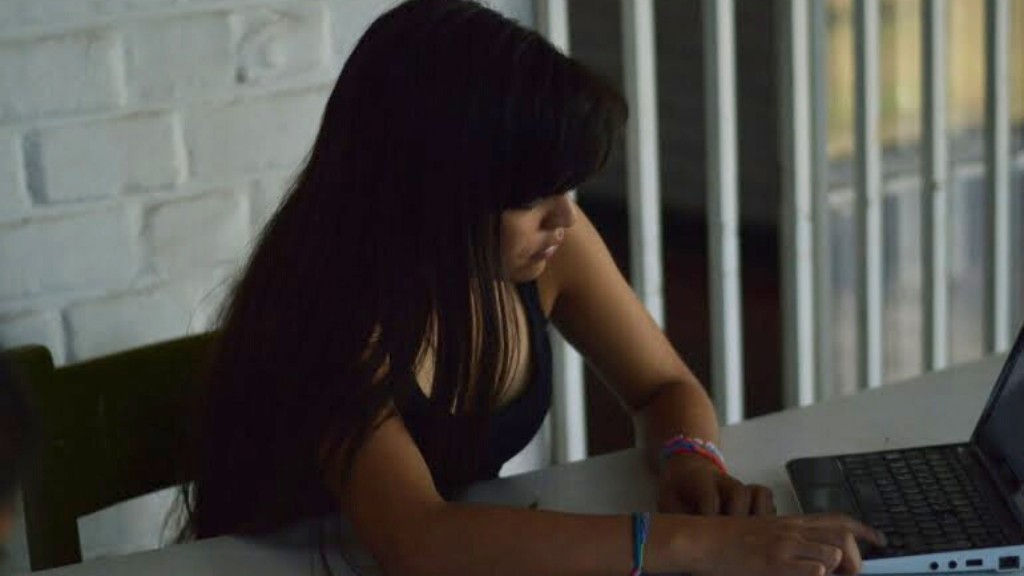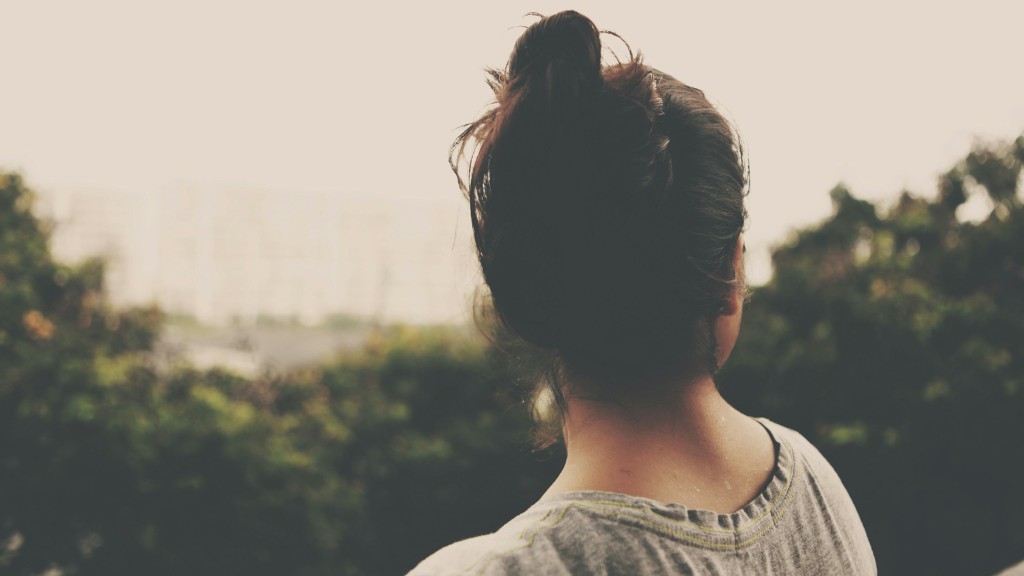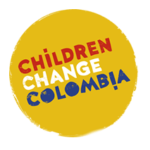Sexual and Gender-Based Violence
Sexual violence violates children’s rights, damages their health, welfare and development, and increases their vulnerability to further violence.
Despite this, it continues to be a major ‘silent’ problem which is not being addressed as a national priority.
The harmful effects of sexual violence can endure over generations. A child born as a result of sexual violence can experience rejection and alienation at home as a result of the severe psychological trauma experienced by their mother.
The trauma inflicted by such abuse can hinder children’s ability to forge healthy relationships. It also increases the likelihood that they may perpetuate the cycle of abuse into adulthood. In Colombia, it heightens the risk of their involvement with armed groups.
The current situation in Colombia
The majority of children who experience sexual violence come from the lowest income groups living in slums on the outskirts of the cities or in isolated rural communities. The abuse is usually either at the hands of a member of their own family or the criminal gangs that control their neighbourhood.
According to the country’s first-ever report on child abuse published in 2019, nearly 42% of young Colombians have been victims of physical, sexual or psychological abuse as a child. Between January and August 2023, the police registered over 8,000 sexual crimes against minors.
And this is despite the significant underreporting of these issues. The Ombudsman’s Office registered more than 50,000 cases of sexual crimes over the last five years, however, it is estimated that, in reality, this figure could be as high as 200,000 per year.
Commercial sexual exploitation
Commercial sexual exploitation of children (CSEC) is a significant problem in Colombia. Between 2020 and 2023, 1,264 children entered a process to re-establish their rights due to having been involved in sex trafficking. Organisations working in this field have estimated that over 35,000 children are involved in CSEC in Colombia, with Bogotá being identified as the region with the highest rates of CSEC.

Sandra’s story
After running away from home at 11 years old and getting involved in taking and dealing drugs, Sandra felt hopeless and turned to sex work to support her 2 children. With the support of our livelihood project for sexual workers in Bogotá, she has been able to leave sex work and has begun studying to be able to provide a better future for herself and her kids.

Sandra’s story
After running away from home at 11 years old and getting involved in taking and dealing drugs, Sandra felt hopeless and turned to sex work to support her 2 children. With the support of our livelihood project for sexual workers in Bogotá, she has been able to leave sex work and has begun studying to be able to provide a better future for herself and her kids.
How we're tackling sexual violence
We are working to protect children from sexual violence or abuse and help them deal with the traumas they have experienced.
Our projects teach children about their sexual and reproductive rights so that they can protect themselves and their friends, families and neighbours from abuse or discrimination.
Our partners are also working with parents, schools, community groups, police, social workers, healthcare providers and others, to help to create a protective environment for children and to identify and work with at-risk children before they experience sexual abuse.
Preventing sexual and gender-based violence in Bogotá, Barranquilla and Santa Marta
Following the success of our first project to combat conflict-related sexual violence and commercial sexual exploitation of children, we will soon be launching a new initiative to with Asociación Cristiana de Jóvenes (ACJ). The project will strengthen the capacities of children at risk of sexual violence and their communities. By focusing on the importance of early childhood development and education, we aim to create protective environments and care pathways for survivors and victims.

Marcela’s story
Marcela is 15 years old and lives with her mother, stepfather, brother, sister-in-law and nephew in Bogotá. The relationships in her household have often been problematic, and left her feeling like she’s wasting her time and that she’s useless. Since joining the project, she has learned how to be more tolerant and how to build healthier relationships with her family.

Marcela’s story
Marcela is 15 years old and lives with her mother, stepfather, brother, sister-in-law and nephew in Bogotá. The relationships in her household have often been problematic, and left her feeling like she’s wasting her time and that she’s useless. Since joining the project, she has learned how to be more tolerant and how to build healthier relationships with her family.

